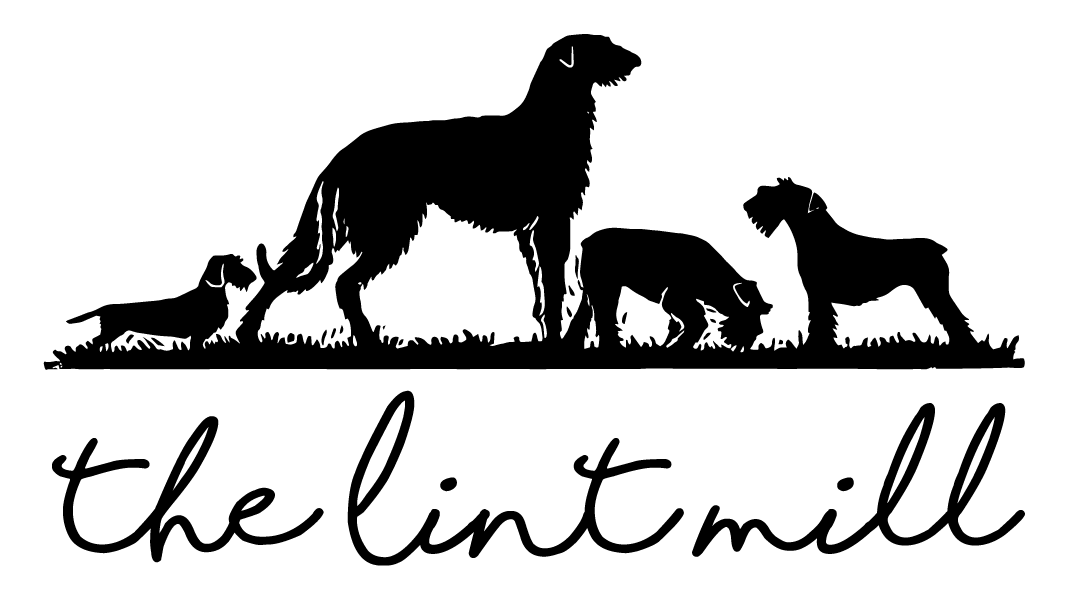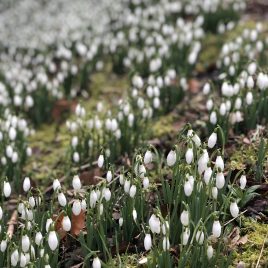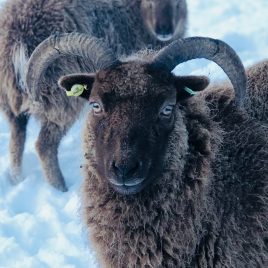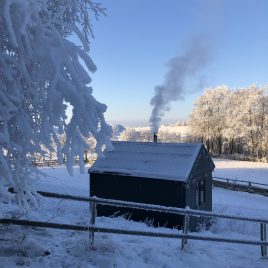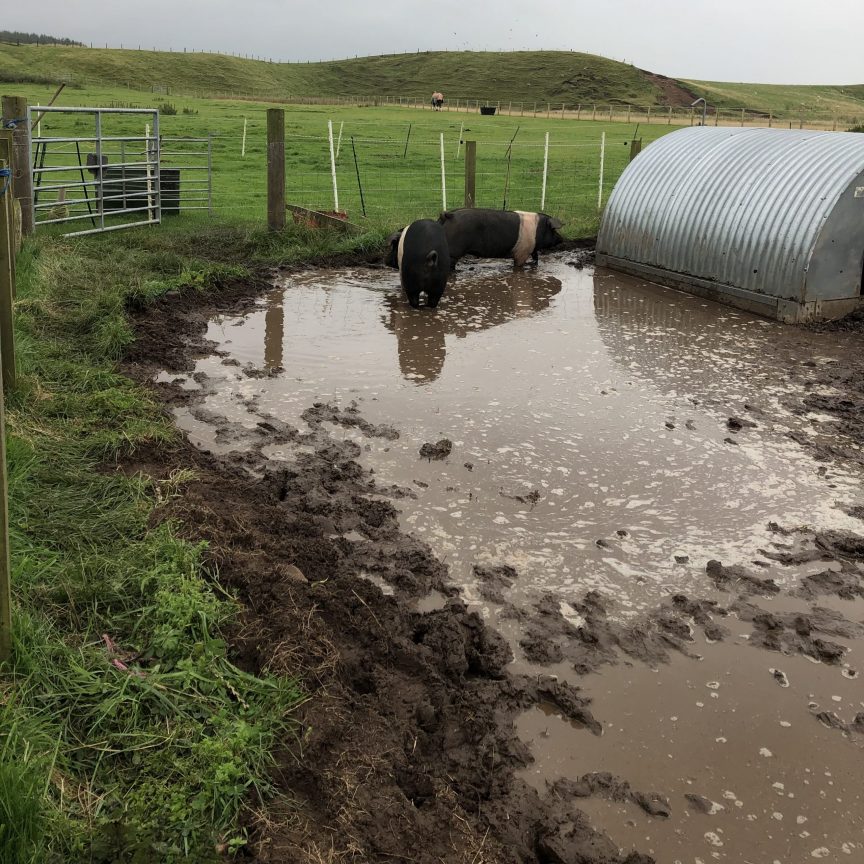
Underwater Pigs
We have had quite an adventure with our four lovely British Saddleback pigs recently. We have three pig pens and we try to use them in rotation (alternating with planting green manures and vegetables) as pigs can be very hard on the land with their rooting behaviour and fondness for digging wallows. We keep our pigs on the holding from spring, through summer and then send them off to the big sty in the sky at the beginning of autumn. That way they have the best of the grass, the surplus fruit and vegetables we grow, and their pen stays relatively dry. This summer we’ve had fun showering them during the baking heatwaves, filling cooling wallows for them to slaver themselves with mud in and watching them snoring, fast asleep in the sun.
We were all desperate for rain, we wanted the grass to start growing again for our other livestock and the drought was was taking its toll on our kitchen garden efforts. But my goodness, when the rain came it was a deluge, almost biblical in proportion. It was remarkable to observe the meadows where we had left the grass to grow longer soak up the rain with no visible surface water, the healthy soil acting like a sponge but the paddocks that had been grazed down and were more compacted had pools of standing water, and were much slower to drain. We saw this as visible testimony to the regenerative practices we are trying to employ here. The worst area of all was the bare, arid soil of the pig pen. Our own tiny example of the process of desertification. The deep, dry wallows soon filled up with water and before we knew it, half of the pen and the the pig ark was flooded. This has never happened in 12 years of keeping pigs.
So we had to move them to an adjacent grassy pen. We have never needed to move pigs part way through their stay with us (except for their final journey) and it turned out this was easier said than done! We set up hurdles and an electric fence from one pen to the other, opened the gate and shook a feed bucket. One by one they inched along, lured with food in a bucket on the end of a length of baler twine…as they reached the bucket, Colin would gently pull it further along. This worked for three out of the four girls but the fourth would not step over the threshold that had previously been electrified! So, as darkness fell, we had to leave the cautious one where she was, squelching round her flooded paddock, and resolve to try again the following day when it was light and she was more hungry! Morning came and hunger proved a fine motivator as she practically raced to join her sisters in the grassy pen.
The whole saga put me in mind of a favourite Roger McGough poem, ‘The Lake’ that I used to teach in English classes long ago. The young people in my classes loved the idea of the ‘underwater pigs’ and when I met Roger at a poetry reading at the Royal Exchange in Manchester in 1983, I asked him to sign my copy of ‘After The Mersey Sound…’ on that very page. He obligingly drew an ‘underwater pig’ next to his name. Of course, the lake of the poem was a metaphor for a world that was being destroyed by humans, the dark consequences of our own behaviour that in the 80s we were just beginning to dimly imagine. Apposite then that our own ‘underwater pigs’ are the victims of the actions of humans in the most profound way, of the unstable weather patterns we are experiencing caused by climate change.
Now, we just have to wait for our kind neighbour to come with his Manitou machine, winch the pig ark out of its quagmire, hoist it over the fence and into the new pen to restore their cosy sleeping quarters as the nights grow chilly.
In a few weeks the pigs will leave the smallholding and everywhere will feel very silent and empty. Their relaxed snuffling around and happy grunting for the feed bucket is so much part of life here over the spring and summer months and it’s the knowledge that they have lived contented lives and will give us delicious, savoured meals for months to come, that makes their leaving tolerable.
This story is really about the enjoyment we have keeping our rare breed pigs, there’s never a dull day but it’s also about animal welfare, about climate change and relationships. It’s about the time and effort it takes to produce The Lint Mill pork, about giving our pigs the best possible outdoor, natural life, and we know that our supporters, who really care about the provenance of their food and who care about the future of our planet will appreciate this story. It’s really a story about love.
